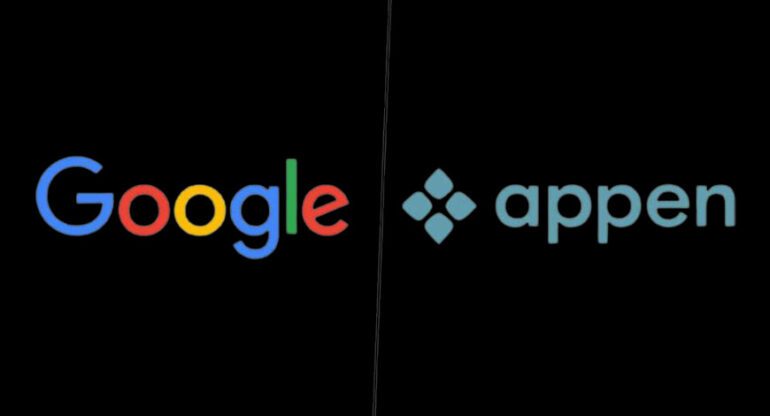TL;DR:
- Google terminates contract with Australian data company Appen, a key player in training its language model AI tools.
- Decision driven by Google’s ongoing efforts to optimize vendor partnerships and operational efficiency.
- Appen expresses surprise, citing no prior knowledge of Google’s contract termination.
- Human workers at Appen play a crucial role in AI training but have faced wage disputes, leading to layoffs.
- Appen’s significant contributions to AI model training extend to Microsoft, Meta, and Amazon.
- Google is working closely with Appen to ensure a smooth transition.
- Accenture employees join Alphabet Workers Union after refusing offensive prompts for the Bard chatbot.
- Content moderators in Kenya sue Sama and Meta for low wages during disturbing content review.
Main AI News:
In a strategic move reflecting the ever-evolving landscape of generative AI tools, Google has recently opted to sever ties with Appen, a prominent Australian data company pivotal in the training of its expansive suite of language model AI tools, including those employed in the development of Bard, Search, and various other products. As competition intensifies within the realm of AI innovation, this decision underscores Google’s commitment to continuously assess and optimize its vendor partnerships across Alphabet.
Courtenay Mencini, the spokesperson for Google, conveyed the rationale behind this contract termination, asserting, “Our decision to end the contract was made as part of our ongoing effort to evaluate and adjust many of our supplier partnerships across Alphabet to ensure our vendor operations are as efficient as possible.” This development was confirmed via a statement provided to The Verge.
Appen, on the other hand, expressed its surprise regarding Google’s abrupt decision. In a filing submitted to the Australian Securities Exchange (ASX), Appen stated, “had no prior knowledge of Google’s decision to terminate the contract.” This unforeseen development has cast a shadow over their ongoing collaboration.
Within the domain of AI training, human workers at organizations such as Appen frequently undertake less glamorous tasks, often serving as the unsung heroes of the industry. These individuals play a pivotal role in assessing data quality and refining responses generated by AI models. In the past, Fast Company reported on efforts by some Appen employees, who are also members of the Alphabet Workers Union, to secure higher wages, with demands for an increase from $10 to $15 per hour. While the union did secure wage hikes, the final figures fell short of their initial aspirations, ultimately leading to the displacement of many workers due to what Appen attributed to shifting business conditions.
CNBC has further revealed that Appen has played a crucial role in training AI models for tech giants such as Microsoft, Meta, and Amazon. The impact of their collaboration with Google on Appen’s financial performance is also noteworthy, with Appen reporting a staggering revenue of $82.8 million from Google alone in the fiscal year 2023, a substantial contribution to their overall revenue of $273 million for the previous year.
Courtenay Mencini emphasized Google’s commitment to facilitating a seamless transition in the wake of this decision, stating, “Google is working closely with Appen to make the transition as smooth as possible.”
Notably, this issue extends beyond Google’s sphere of influence. Employees of another Google contractor, Accenture, recently voted overwhelmingly to join the Alphabet Workers Union, a body representing Google contractors. Their decision stemmed from a refusal to engage with “obscene, graphic, and offensive prompts” in the context of the yet-to-be-released Bard chatbot, underscoring the broader concerns surrounding AI content moderation.
Beyond the confines of Google, a similar narrative unfolds. Content moderators in Kenya employed by data-labeling firm Sama have initiated legal action against both the company and its client, Meta, highlighting concerns regarding compensation. These moderators contend that they were remunerated at a rate of just $2.20 per hour for their work involving the review of disturbing images and videos, prompting a broader discussion about the ethical implications of AI content moderation and worker compensation in the digital age.
Conclusion:
Google’s decision to end its contract with Appen reflects a strategic move to reassess supplier partnerships and optimize operational efficiency. This shift may signify a changing landscape in AI collaboration. The concerns raised by workers and ethical considerations around content moderation highlight broader challenges in the AI market, necessitating a closer examination of industry practices and worker conditions.

